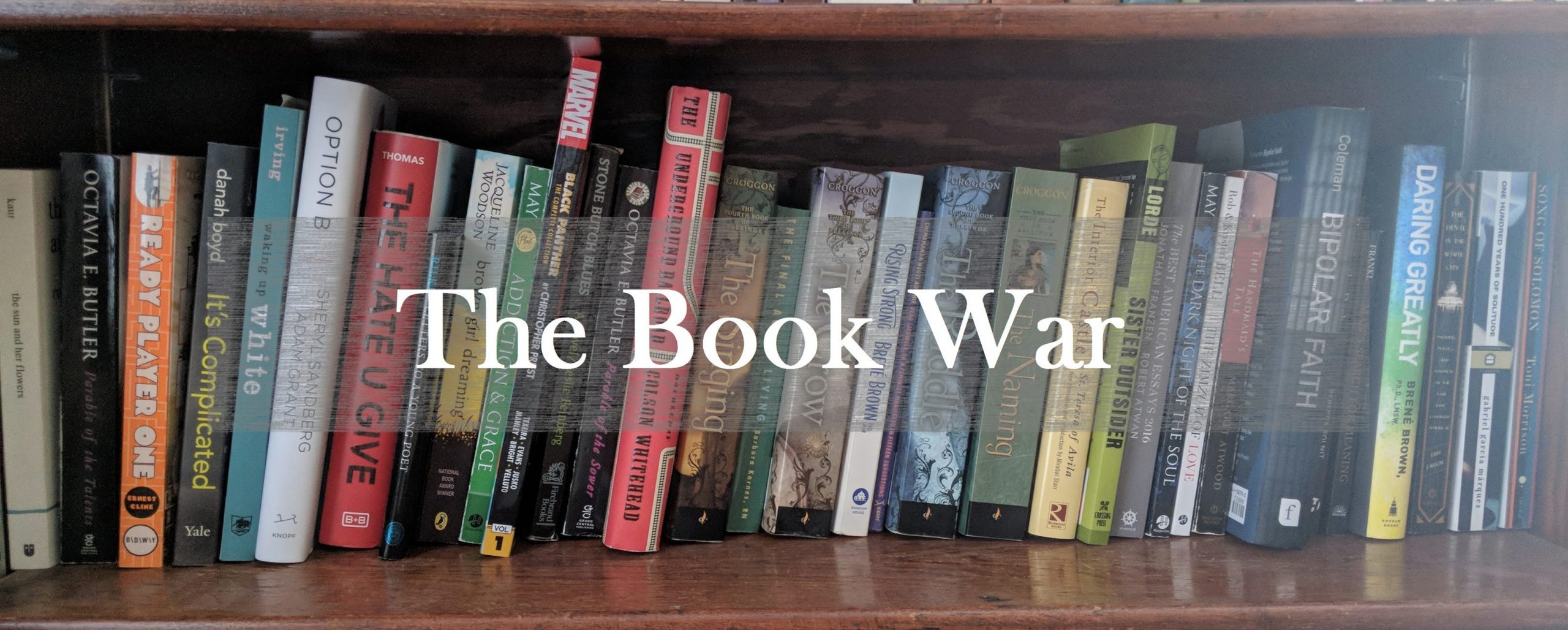Discussion quote #3: “When good is near you, when you have life in yourself, it is not by any known or accustomed way; you shall not discern the foot-prints of any other; you shall not see the face of man; you shall not hear any name; -the way, the thought, the good, shall be wholly strange and new. It shall exclude example and experience.” p. 29
Jorge translation: When you are being fully true to yourself the good you find is completely and entirely your own. No true good comes from the efforts and struggles of those who came before rather one’s true good comes from within, without influence from history or the outside world.
Given the context of this quote it appears that Emerson completely dismisses ‘history’ and the value of the experience and lives of those who came before. Obviously, as an historian, I completely disagree with this analysis but I also find it extremely naive. While his attitude may be attributed to his particular historical context, anyone who actually studies history knows that, with any ‘new’ idea, there are always the “foot prints” of those who came before. No idea/thought is completely new and isolated from that which came before. The history of thought/invention is an evolution; you cannot have smart phones without first inventing the telegraph and computer, you cannot have democracy without first understanding the value of the individual. Original thought/idea is a product of individual and collective thought and it most certainly includes “example and experience,” in other words, the “foot prints” of those who came before and those who influence thought in the present era.
And right about here, I just want to stick my tongue out and blow raspberries…but I CAN hold back and wonder what was going on in him and in his context that he was so worried about the influence of anyone! To believe that at his best, at any one’s best, one is disconnected from all others is the height of hubris! Particularly considering the only reason Ralph can even fathom being utterly separate from, is because of his privilege. All that has come before him actually gives him the power, the time, the capacity to separate himself.
I know I have been a little rough on Ralph and perhaps my critique is a little too harsh, but I do wonder. I wonder what he was facing, what forces were pulling at him so tightly that he wanted to escape and name his agency of self so militantly, to the point of disregarding the minds of those who have come before?
There is also an irony to Emerson’s thought, while he extols the virtue of unique idea/thought his own ideas are clearly influenced by the French philosopher, René Descartes! For those of you who are not familiar with Descartes he posited what is often referred to as ‘the Cogito,’ which in Latin reads, “Cogito ergo Sum,” for those who do not read Latin 😉 “I think, therefore, I am.” Descartes’ philosophy places the individual at the center of all things, all else must be questioned/doubted. In the Emerson quote from Squabble #2 we certainly see Descartes’ influence in Emerson’s phrase, “A man is to carry himself in the presence of all opposition as if every thing were titular and ephemeral but he…” and again in his treatment of the value of history and other contextual influences in the current quote.
Basically, Emerson is arguing that all good is unique/original to the individual thus everyone must be an island, but no one is an island and we are all products of history, context, and experience…even Ralph Waldo Emerson.
*Blog image is brought to you today by the Jorge translation.

